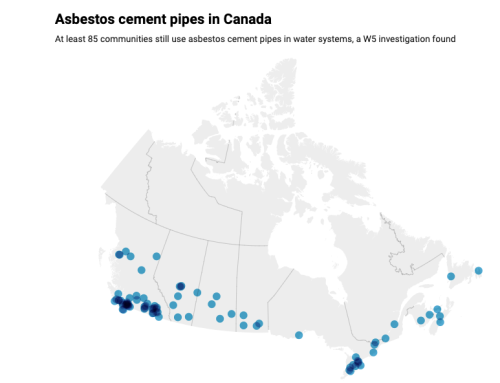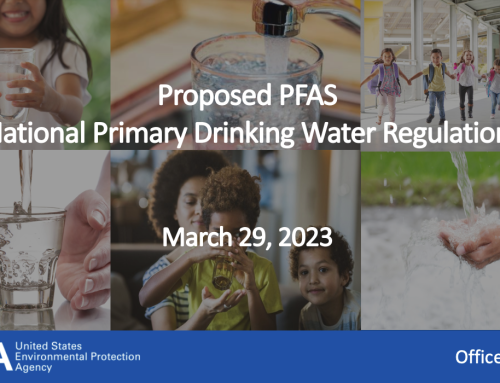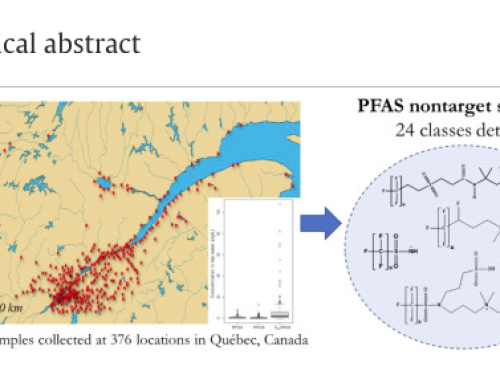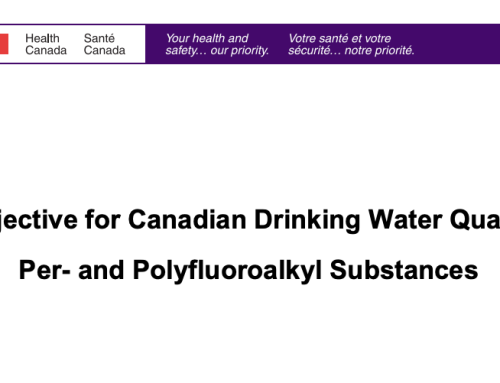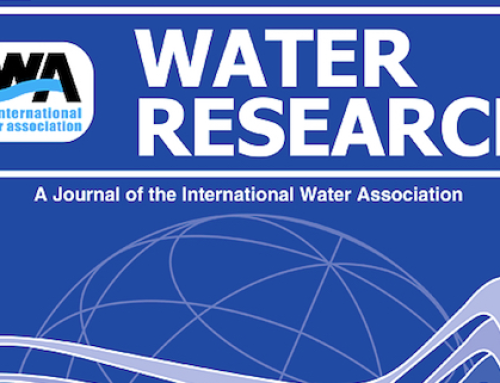Hi all…following up from articles and books on disease outbreaks the Hrudey’s have published another timely article on the same theme. As we have been observing in the research world we are now educating students who have not heard of the Walkerton outbreak in 2000 (or were born since then!). The study authors report that 24 drinking-waterborne disease outbreaks in affluent nations have occurred since then, pointing to the recent campylobacteriosis outbreak with 5,500 cases and four fatalities.
The “outbreaks are analysed according to major recurring themes, including: complacency, naiveté and ignorance, failure to learn from experience andchemophobia.” The article is open access if you wish to download it.
Links to the Government Inquiry into Havelock North Drinking-Water Stages 1 and 2 referred to in the abstract:
Bill
Common themes contributing to recent drinking water disease outbreaks in affluent nations
- E. Hrudey and E. J. Hrudey
Water Supply (2019) 19 (6): 1767-1777
https://iwaponline.com/ws/article/19/6/1767/66605/Common-themes-contributing-to-recent-drinking
Abstract
“New Zealand experienced its largest waterborne disease outbreak in modern history in August 2016 with 5,500 cases and four fatalities. This recent outbreak is one of 24 drinking-waterborne disease outbreaks in affluent nations that have been reported in the scientific literature since the infamous Walkerton, Ontario, Canada fatal outbreak (2,300 cases, seven fatalities) in May 2000. These disasters were all eminently preventable given the economic and intellectual resources existing in the countries where they occurred. These outbreaks are analysed according to major recurring themes, including: complacency, naiveté and ignorance, failure to learn from experience and chemophobia. Lessons that can be learned to improve preventive approaches for ensuring safe drinking water are based on an extensive and authentic body of evidence in support of meaningful improvements. Philosopher George Santayana captured this need with his famous quote: ‘Those who cannot remember the past are condemned to repeat it.’”

